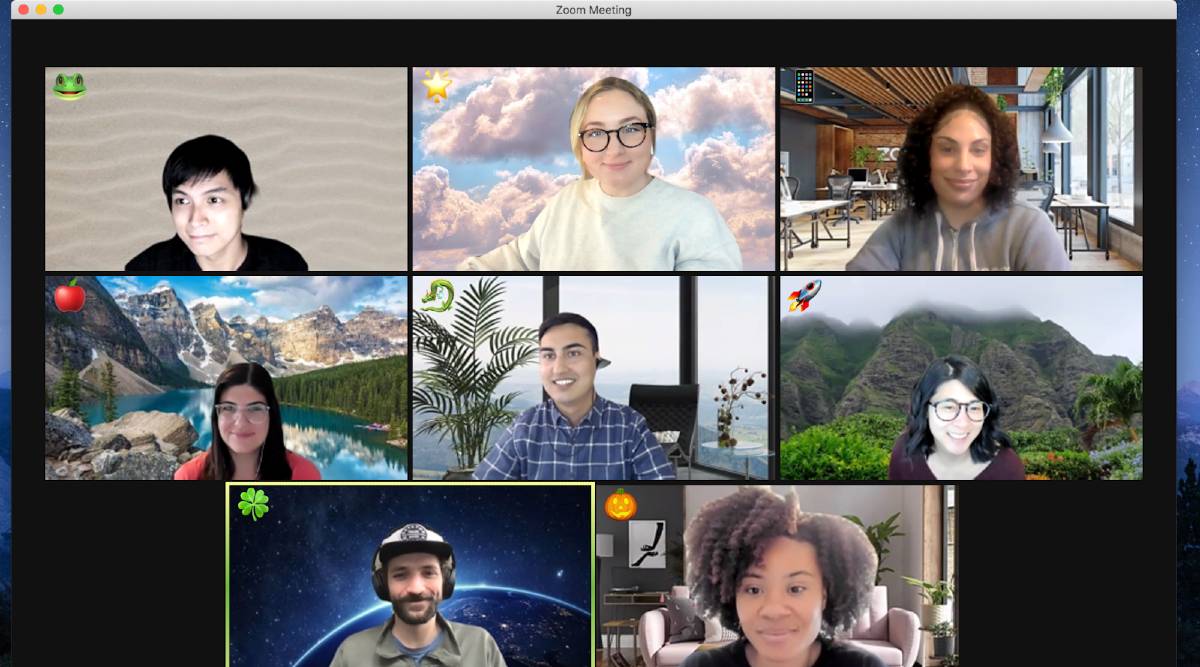

Nickel, head of video company of Imposium, built the experience. Deepfakes, chatbots with advanced AI, identity theft – these are all things that are currently happening," Zada said. "While the experience is harmless, the threats are real. That thought was something that really stuck with us," says Zada, a film and commercial director who wrote and directed the experience. Technology in the wrong hands can allow anyone to digitally manipulate small amounts of footage and become someone else. "Real life is turning out to be quite scary these days, so we wanted to really put people into an everyday situation that we all know well and turn the tables a bit. Cybersecurity experts say deepfakes can be used to manipulate viewers – for instance by spreading misinformation by putting words in politicians' or celebrities' mouths. The new version looks at video conferencing and the use of deepfakes, highly realistic videos that create likenesses of people or create nonexistent people on video. We've reached out to Facebook for comment. But while critics loved it, the filmmakers say Facebook was concerned - and that the company's lawyers called them to make sure the video didn't misuse data. The video won three awards at South By Southwest in 2012. The point was to show the dangers of giving your personal information too recklessly online. The 2011 digital film experience asked viewers to click a button that read "connect via Facebook," then harnessed their social media information to seemingly show a terrifying villain stalking them. That video, "Take This Lollipop," generated hundreds of millions of views. (The faked dialogue starts off with just small talk, but builds to a twist I won't spoil here.)įilmmakers Jason Zada and Jason Nickel created the website where viewers can take part in a video that is something of a sequel to a 2011 film that connected viewers via Facebook and pulled their personal data into the story. In a creepy Halloween online experience, videomakers have created a self-described "interactive Zoom horror film" that uses the very familiar 2020 setting of a video conference call to make a figure loom behind viewers onscreen, and re-create viewers saying things they didn't say. Account icon An icon in the shape of a person's head and shoulders.


 0 kommentar(er)
0 kommentar(er)
